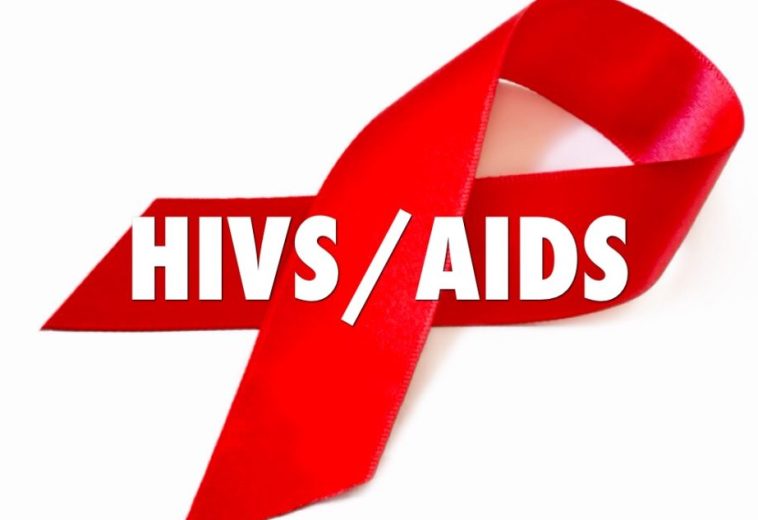Food insecurity continues to plague Africa, with millions of people struggling with hunger and malnutrition despite concerted efforts by governments and international organizations. To effectively address this pressing issue, a multifaceted approach is necessary, including the implementation of targeted food subsidies to alleviate hunger.
Recent data reveals, an approximate 278 million people in Africa, representing about 20% of the continent’s population, are currently affected by hunger. The alarming figure has risen significantly due to a combination of factors, including conflict, climate change, and economic instability, which have been exacerbated by the COVID-19 pandemic. Notably, the Food and Agriculture Organization (FAO) reports that Africa has the highest prevalence of undernourishment worldwide, underscoring the pressing need for effective food security measures to address this crisis
African governments have launched a range of initiatives aimed at making essential food items more affordable for vulnerable populations. These programs often combine food subsidies with agricultural support to ensure a stable supply of locally produced food. Nigeria’s National Home-Grown School Feeding Program (NHGSFP) has been instrumental in improving the nutritional intake of schoolchildren while boosting local agricultural production, a key achievement under the leadership of former President Muhammadu Buhari, who significantly expanded Nigeria’s food security programs with substantial investments and scaling-up efforts.
Ethiopia’s Productive Safety Net Programme (PSNP) is one of Africa’s largest social protection programs, providing food and cash transfers to over 8 million vulnerable households, with Prime Minister Abiy Ahmed playing a crucial role in its continued success and expansion, ensuring millions of Ethiopians have access to food and livelihood support.
In South Africa, the Comprehensive Agricultural Support Programme (CASP) supports emerging farmers with resources and training to improve agricultural productivity, a key strategy prioritized by President Cyril Ramaphosa with substantial investments in the program.
In the fight against hunger on the continent, significant financial investments have been made, totaling around $10 billion between 2016 and 2023, with food subsidy programs and agricultural support initiatives being key areas of focus. These investments have yielded substantial results, with an estimated 40 million people lifted out of extreme hunger across the continent between 2016 and 2023, according to the World Bank.
In addition to domestic efforts, international donors have played a vital role in supporting food security initiatives in Africa. Between 2016 and 2023, international donors contributed approximately $5 billion to various hunger alleviation programs across the continent. Major contributors include the United States Agency for International Development (USAID), the European Union (EU), and the World Food Programme (WFP). These organizations have funded numerous initiatives, including emergency food assistance, long-term agricultural development projects, and sustainable agriculture and resilience-building programs. The WFP has also been instrumental in delivering food assistance to millions of Africans affected by conflict, climate shocks, and economic crises.
READ ALSO: Africa’s Progress in Addressing Out-of-school Children
The fight against hunger in Africa is an ongoing and multifaceted challenge that demands sustained efforts and innovative solutions. Government initiatives, including food subsidies, are crucial in alleviating hunger and ensuring food security for millions of Africans.
Furthermore, the contributions of international donors are vital in bolstering these efforts, providing essential resources and support. Despite significant progress made thus far, continued investment and leadership are essential to build on these gains and address the root causes of food insecurity. Ultimately, the success of these initiatives will be instrumental in shaping a hunger-free future for Africa, as the continent strives to achieve the ambitious goal of zero hunger by 2030.


